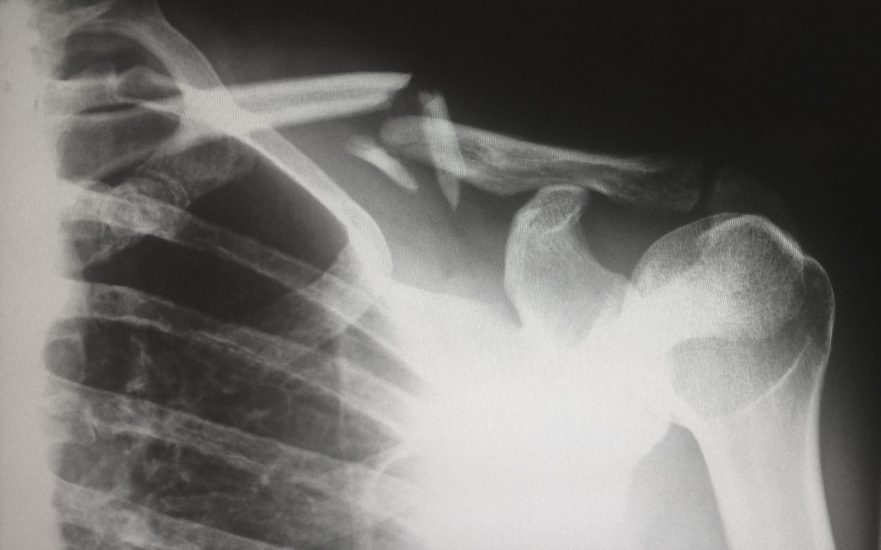The sight of vehicles on the side of the road after a crash or someone slipping and falling on an ice- or snow-covered sidewalk occurs with such frequency that you may not realize the devastating consequences of accidents. Deaths and injuries caused by accidents occur more frequently than you might otherwise imagine.
According to the Centers for Disease Control and Prevention, accidents result in almost 100 million visits to emergency departments each year. Accidents were the third leading cause of death in this country after heart disease and cancer, until COVID-19 emerged and pushed them into fourth place.
If you or a family member is suffering from injuries due to an accident, you may have the right to seek compensation from the party who was at fault by filing a personal injury lawsuit. “What are the chances of winning?” is a common question that accident victims have when consulting a Bend, Oregon, personal injury attorney. Several factors, including the availability of evidence to prove the cause and consequences of an accident, help determine whether you can win a personal injury lawsuit.
Factors affecting your chance of winning a personal injury lawsuit
There are countless ways that unintentional injuries may be caused by the negligence or recklessness of another party, including:
- Car and other types of motor vehicle collisions.
- Workplace accidents.
- Premises liability, including slip-and-fall accidents, defective railings and stairs, and other unsafe conditions.
- Defective and dangerous machinery and consumer products.
- Medical malpractice.
- Wrongful death.
- Dog bites and animal attacks.
Factors determining the likelihood of securing a favorable settlement or verdict after trial in a personal injury case include the following:
- Liability of another party: The accident causing you to suffer injuries must be the fault of another party in order to recover damages from them. The available evidence must prove that the accident would not have occurred were it not for the conduct of another party. For example, the fact that you fell and injured yourself while walking on a sidewalk does not necessarily make the owner of the property responsible for causing it. Evidence such as photographs or eyewitness statements showing the presence of broken concrete or other hazardous conditions left uncorrected by the owner is needed to prove liability or fault.
- Existence of injuries: Your lawyer must produce evidence proving that you were injured. Medical records and reports from physicians must be available as evidence to prove the type and severity of the injuries that you sustained in an accident.
- Causation: The chance of winning a personal injury lawsuit depends on the ability of your personal injury attorney to prove that the injuries you sustained were actually caused by the accident. For instance, a driver may be at fault for crashing into and damaging your parked car, while not being responsible for the broken ankle that you sustained by tripping while walking over to check the damage.
The presence of all three of these factors increase the odds of achieving a successful outcome in a personal injury case, but there must be evidence to prove each one.
How does evidence affect the odds of winning a personal injury case?
Facts in dispute in a personal injury lawsuit must be proven. For instance, if you are the injured party or plaintiff in a case, it is not enough to merely say that you sustained an injury when a motorist failed to stop at a red traffic signal and crashed into the side of your car, causing you to sustain a traumatic brain injury. Unless the other party, referred to as the defendant, admits to causing the crash and the injuries that you claim to have suffered, it would be impossible for a judge or panel of jurors to determine which one of you is telling the truth.
Evidence proves facts that are in dispute in a lawsuit. The testimony of an eyewitness who saw the defendant’s car go through a red light and ram into the side of your vehicle proves a disputed fact: how the collision occurred. Other evidence, such as photographs of the damage to the vehicles, video from traffic or security cameras, and skid marks on the pavement may also be available for use to prove disputed facts about what took place.
Medical records and reports from physicians who treated you may be offered as evidence to prove that you suffered an injury. Medical evidence also proves the type and seriousness of the injury and its long-term effects.
How does a personal injury attorney improve my chance of winning?
Attorneys with personal injury law experience understand the important role that evidence plays in determining the outcome of a case. They know how to identify and gather evidence to prove key facts supporting your claim for damages against another party and improve your chance of winning.
Equally as important as the evidence itself is the ability of a skilled attorney to properly present it. Some forms of evidence, such as hearsay, may not be admissible, but an experienced attorney knows how to recognize issues with the evidence and find a way to work around them. For instance, the issue of hearsay can be avoided by using a witness who has direct knowledge of the facts being testified about.
Get help from a personal injury attorney in Bend, Oregon
Improve your chances of recovering damages from the party responsible for injuring you by consulting a Bend, Oregon, personal injury attorney. Call today for a free consultation and claim review.

